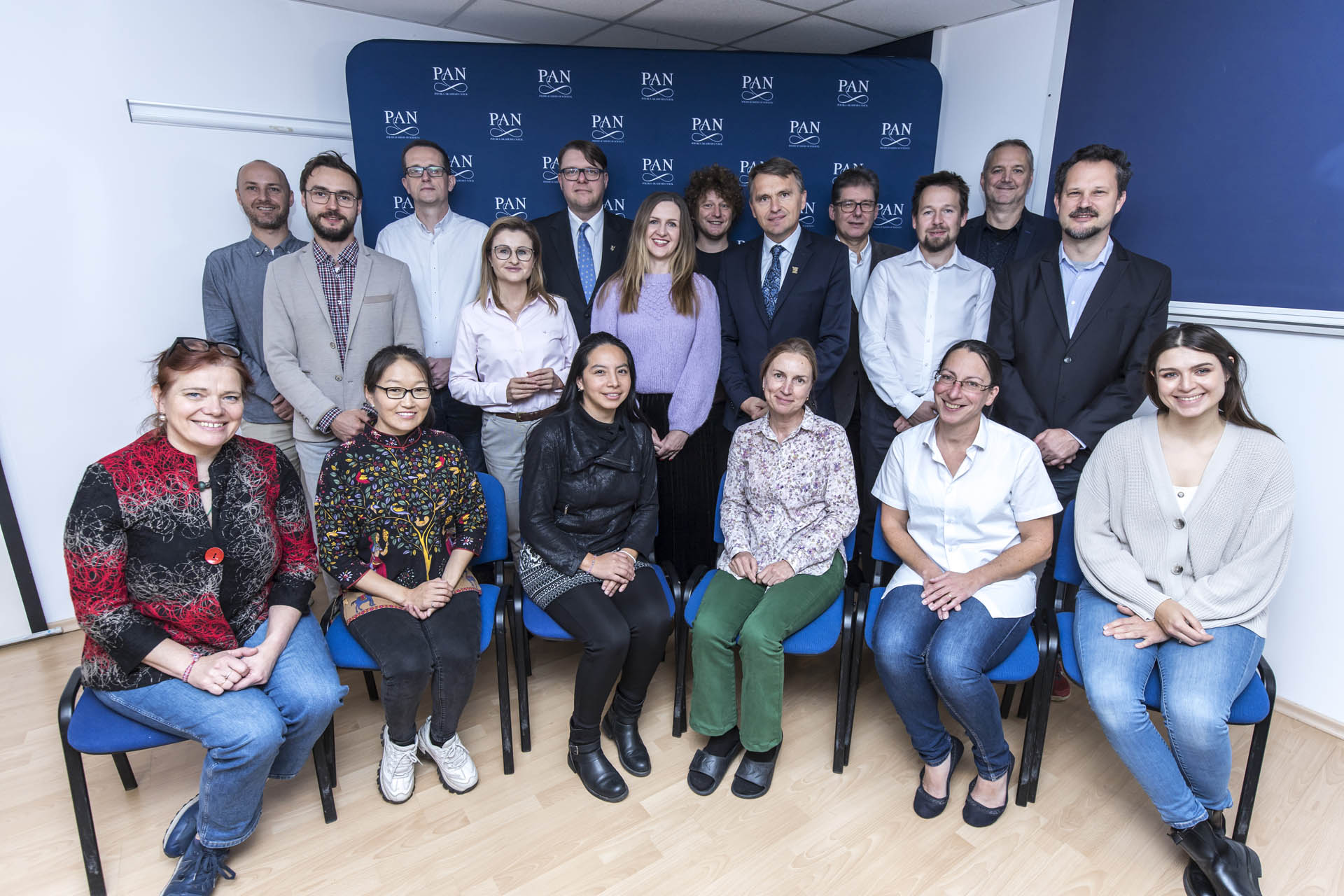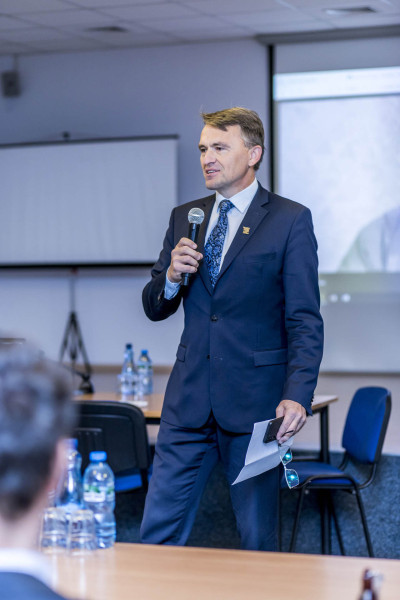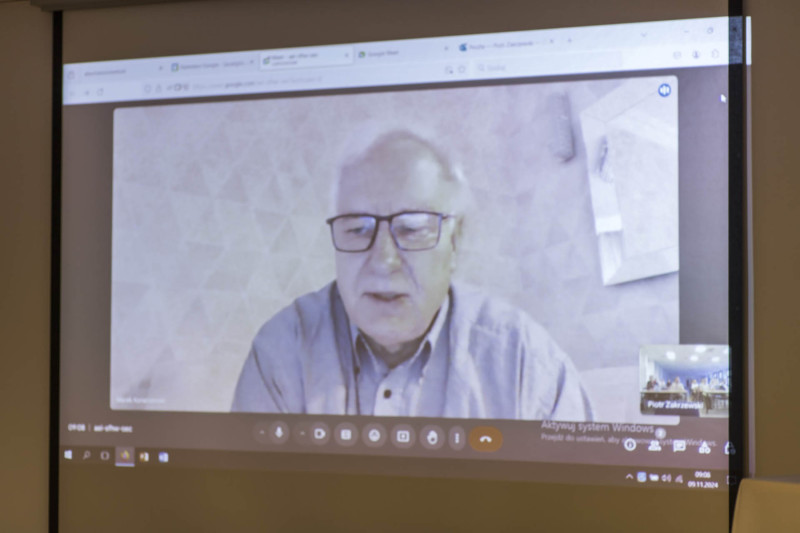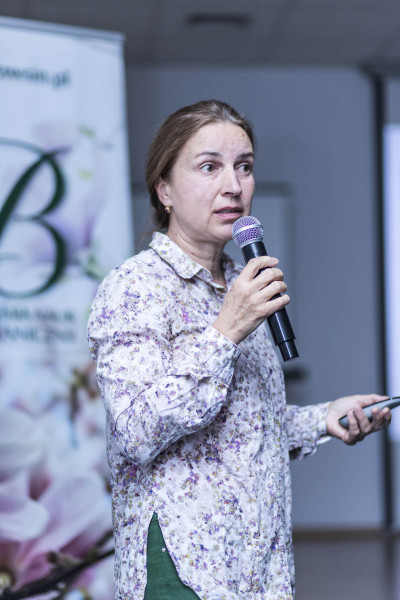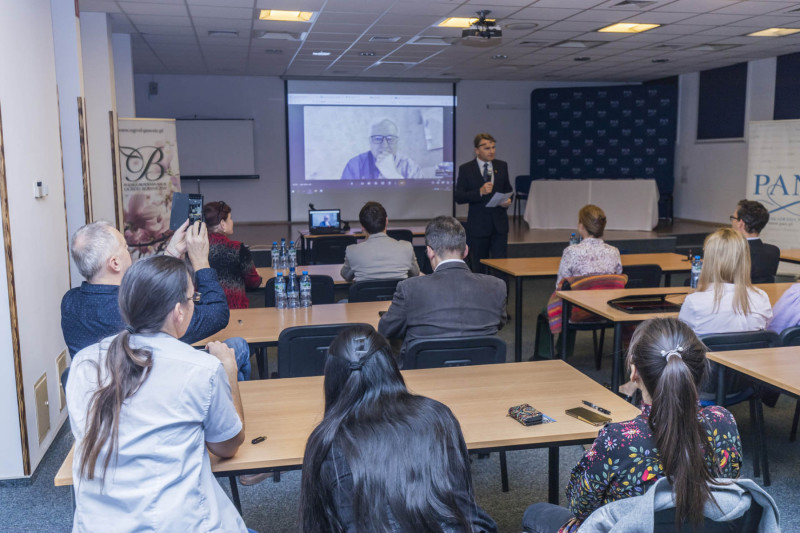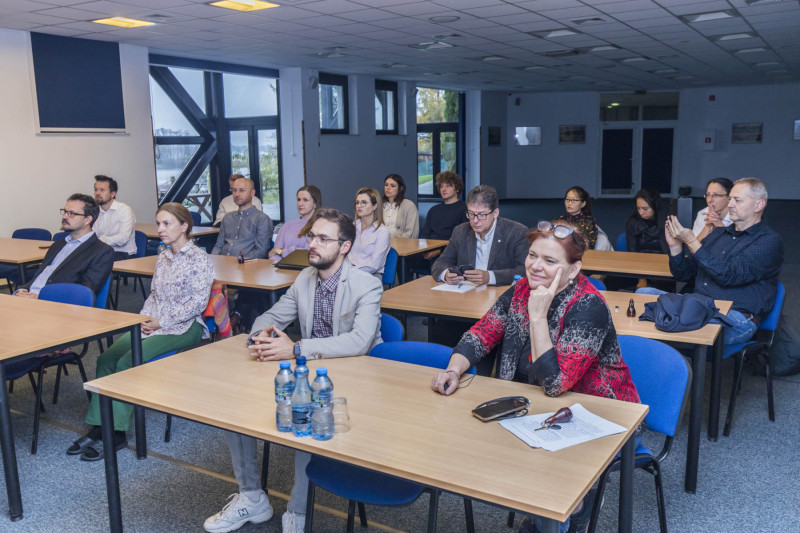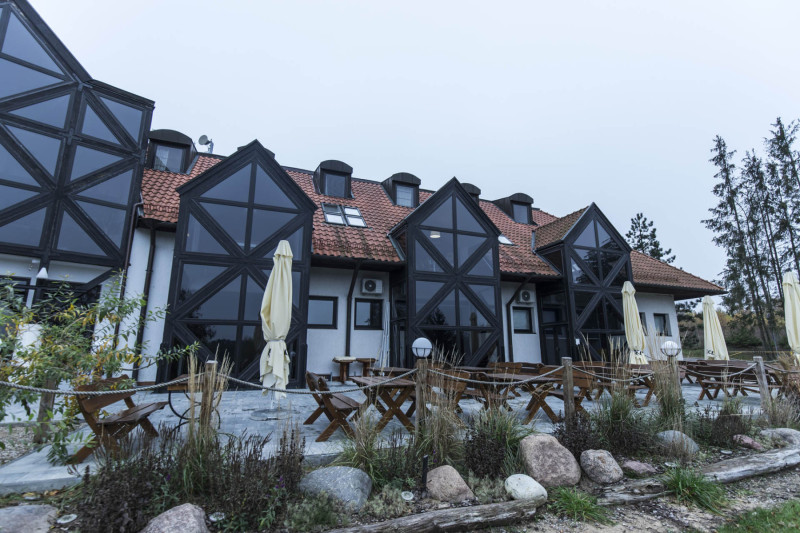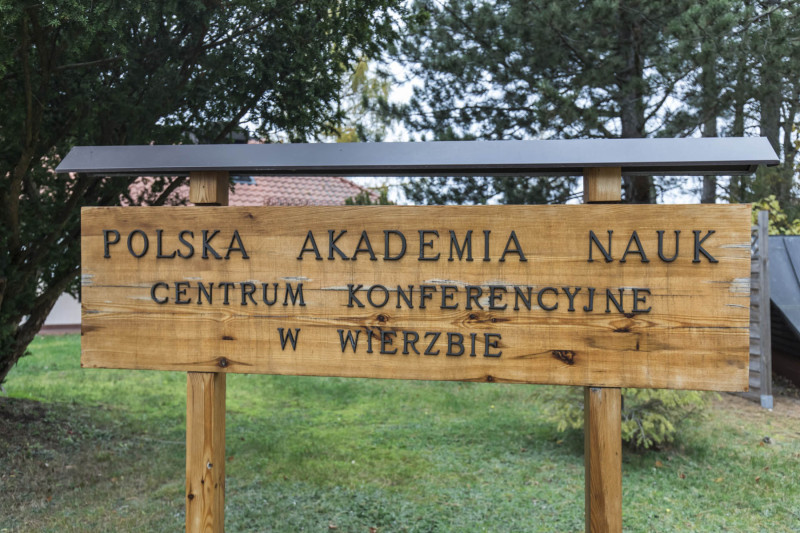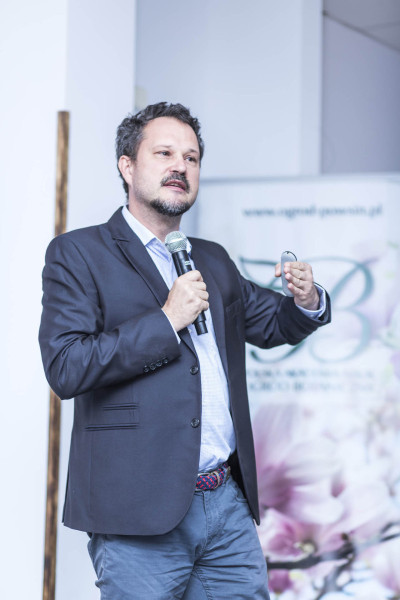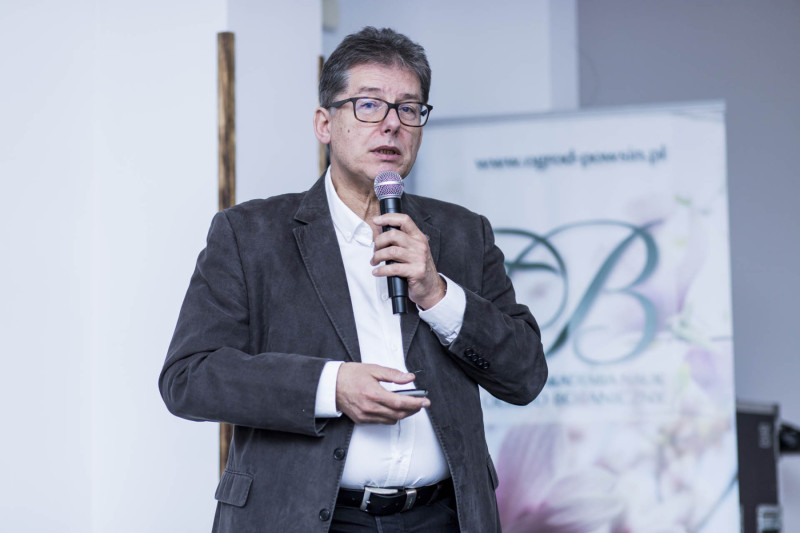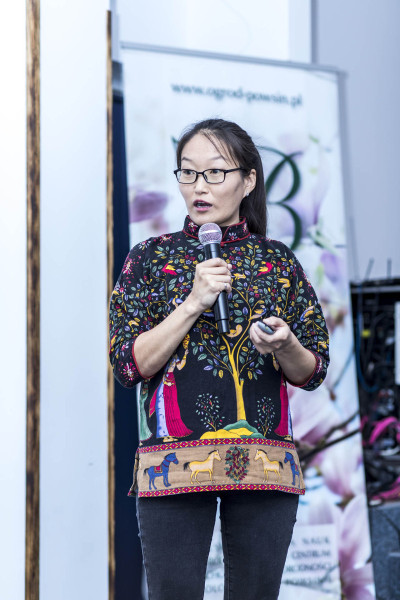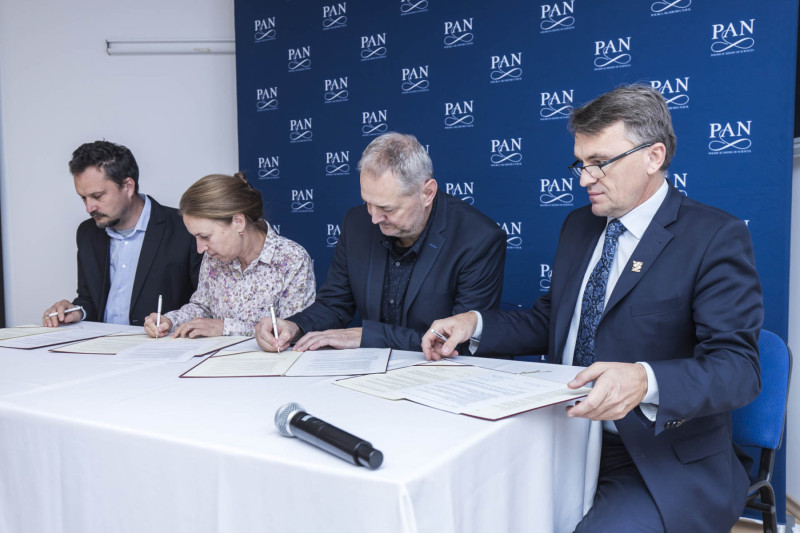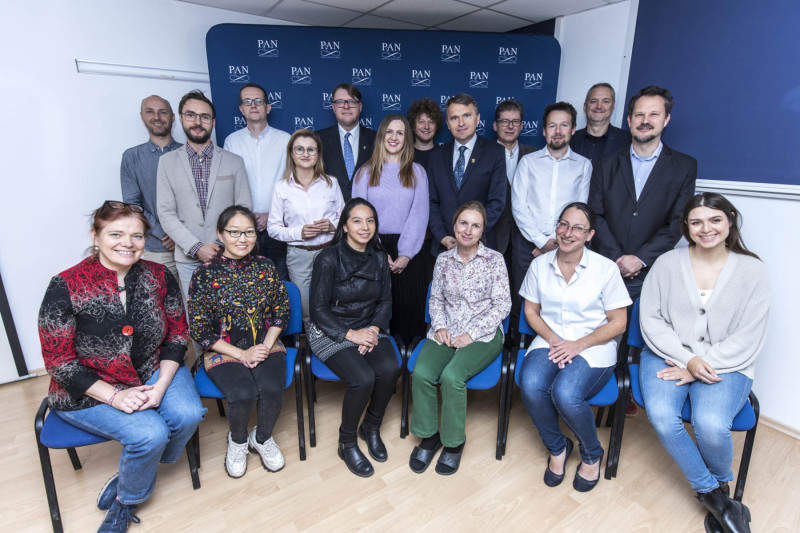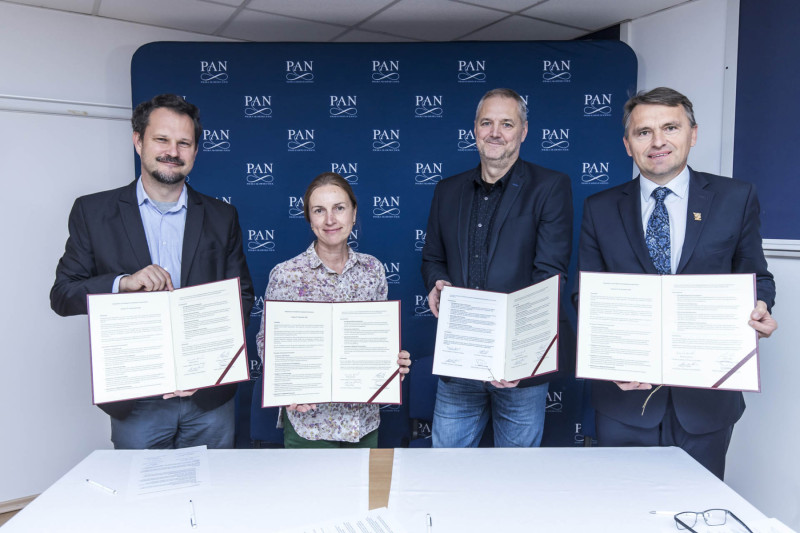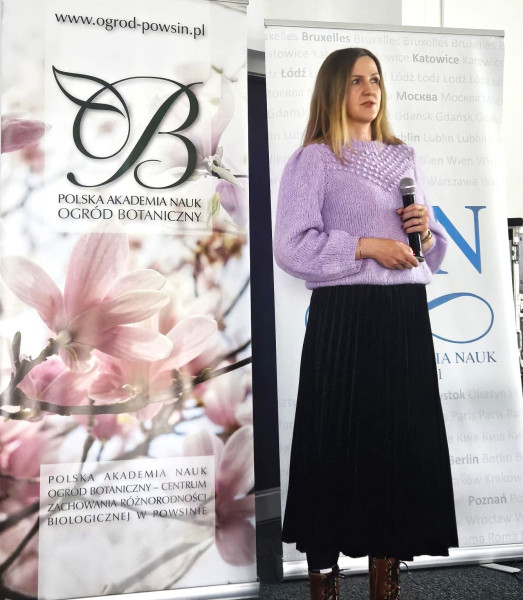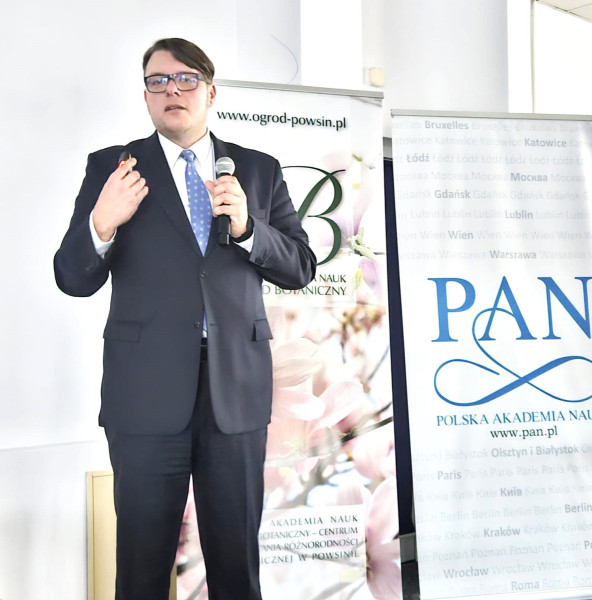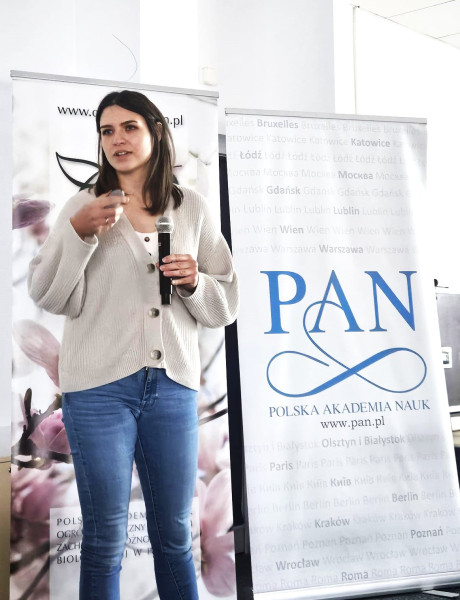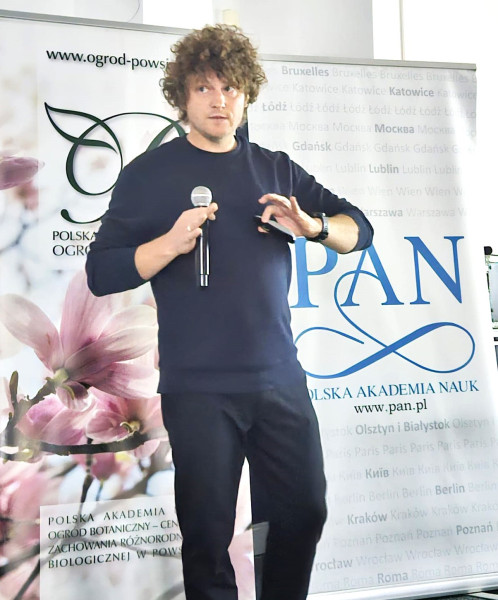On November 8-10, as part of the celebrations marking the 50th anniversary of the Botanical Garden of the Polish Academy of Sciences (PAN), an international symposium "From tradition to modernity: grasslands as a foundation for sustainable development in the Green Lungs of Poland" was held at the PAN House of Creative Work in Wierzba.
Guests were welcomed by the director of the Botanical Garden of the Polish Academy of Sciences, Prof. Arkadiusz Nowak, and Prof. Marek Konarzewski - the president of the Polish Academy of Sciences, who assumed honorary patronage of the event.
The first speaker was Prof. Monika Janišová of the Slovak Academy of Sciences, who discussed the importance of traditional grazing in the Carpathian landscape. Prof. Péter Török of Hungary, who also collaborates with the Botanical Garden of the Polish Academy of Sciences, presented research on the effects of scale on taxonomic and functional diversity in natural and regenerated steppe grasslands on loess substrates. Meanwhile, Prof. Arkadiusz Nowak, who has been exploring Central Asia for almost 20 years, presented the diversity of steppes, pseudosteps, alpine grasslands and semi-deserts of the area.
Dr. Marta Wrzosek, prof. of the University of Warsaw, presented on the role of fungi in meadows and pastures and their impact on biodiversity, while Prof. Vítězslav Plášek of Ostrava University in the Czech Republic focused on bryophytes in meadow ecosystems.
Gantuya Batdelger of the Botanical Garden and Research Institute of the Mongolian Academy of Sciences presented a lecture on pastoral traditions in Mongolia, cultural ecosystems and grazing in forest-steppe regions.
Dr. Marcin Kotowski of the Botanical Garden of the Polish Academy of Sciences presented changes in indicator sets of forage and fodder plants in Europe over the past 250 years. Andrea McIntosh-Buday and Patrícia Díaz Cando of the Hungarian Academy of Sciences then presented their research projects: the former discussed the Pannonian Carpathian Region Plant Trait Database, and the latter analyzed the impact of climate change on the increasing threat of invasion by alien grasses with C4 metabolism on European grasses.
Dr. Sebastian Swierszcz of Wrocław University of Life Sciences presented the topic of climate change and its impact on the functional diversity of various plant groups. In turn, Dr. Anna Znój of the Botanical Garden of the Polish Academy of Sciences, who has been conducting research on the Faroe Islands for several years, talked about the grazing traditions on these Danish islands, where sheep outnumber humans and graze on rock shelves to which they are transported directly from the sea by special cranes.
Dr. Grzegorz Szwacha of the University of Wroclaw presented the taxonomic and functional diversity of plants in grasslands in different contexts - urban and rural. Dr. Malgorzata Radula of Wroclaw University of Life Sciences presented the results of a study on the effect of mowing height on the sward properties of semi-natural grasses.
Where there is talk of useful plants and grazing, there can be no lack of animals. Professor Romuald Zabielski of the Warsaw University of Life Sciences discussed the impact of ruminants on grassland vegetation, and Dr. Michał Krzysiak, Professor at the University of Life Sciences in Lublin, focused on the importance of veterinary medicine in species conservation.
In addition to the lecture part, participants had the opportunity to visit the Research Station of the Institute of Animal Reproduction and Food Research of the Polish Academy of Sciences in Popielno, where the hosts presented the most interesting facilities, a museum and a herd of Polish horses. At the end of the symposium, the Agroecological Station of the Botanical Garden of the Polish Academy of Sciences in Kosewo Górne was also visited, where Prof. Arkadiusz Nowak discussed methods of managing the station's resources, its role in protecting biodiversity, and plans for future development taking into account the needs of protecting open ecosystems, local bioculture, and cooperation with local government and scientific communities.
An extremely important moment of the Symposium was the signing of the Declaration on the Necessity of Grassland and Pasture Protection by representatives of the four countries of the Visegrad agreement: Czech Republic, Slovakia, Hungary and Poland, who call on governments, organizations and all stakeholders to commit to the conservation and sustainable management of grasslands worldwide (the full declaration is available HERE).
The symposium was a unique event in terms of the diversity of topics and the prestige of the invited speakers. It managed to bring together more than a dozen prominent experts in the field of grassland conservation and management, which in itself is not an easy task, especially in such a narrowly defined field. As a result, the participants had a unique opportunity to exchange knowledge and experience, which will certainly contribute to the further development of research on the sustainable use of grasslands. Thanks to the cooperation established and consolidated by participation in the Symposium, the care and supervision of the Ecological Station in Kosewo Górne was strengthened, which benefits from the knowledge of the most prominent experts in the field of conservation and sustainable use of grasslands and pastures, bioculture, ethnobiology, ecology and botany. The research projects planned during the Symposium will certainly contribute to better management of the Station, enriching knowledge of the grasslands of northeastern Poland and increasing the efficiency of research activities of the PAN Botanical Garden - Center for the Preservation of Biological Diversity in Powsin.

